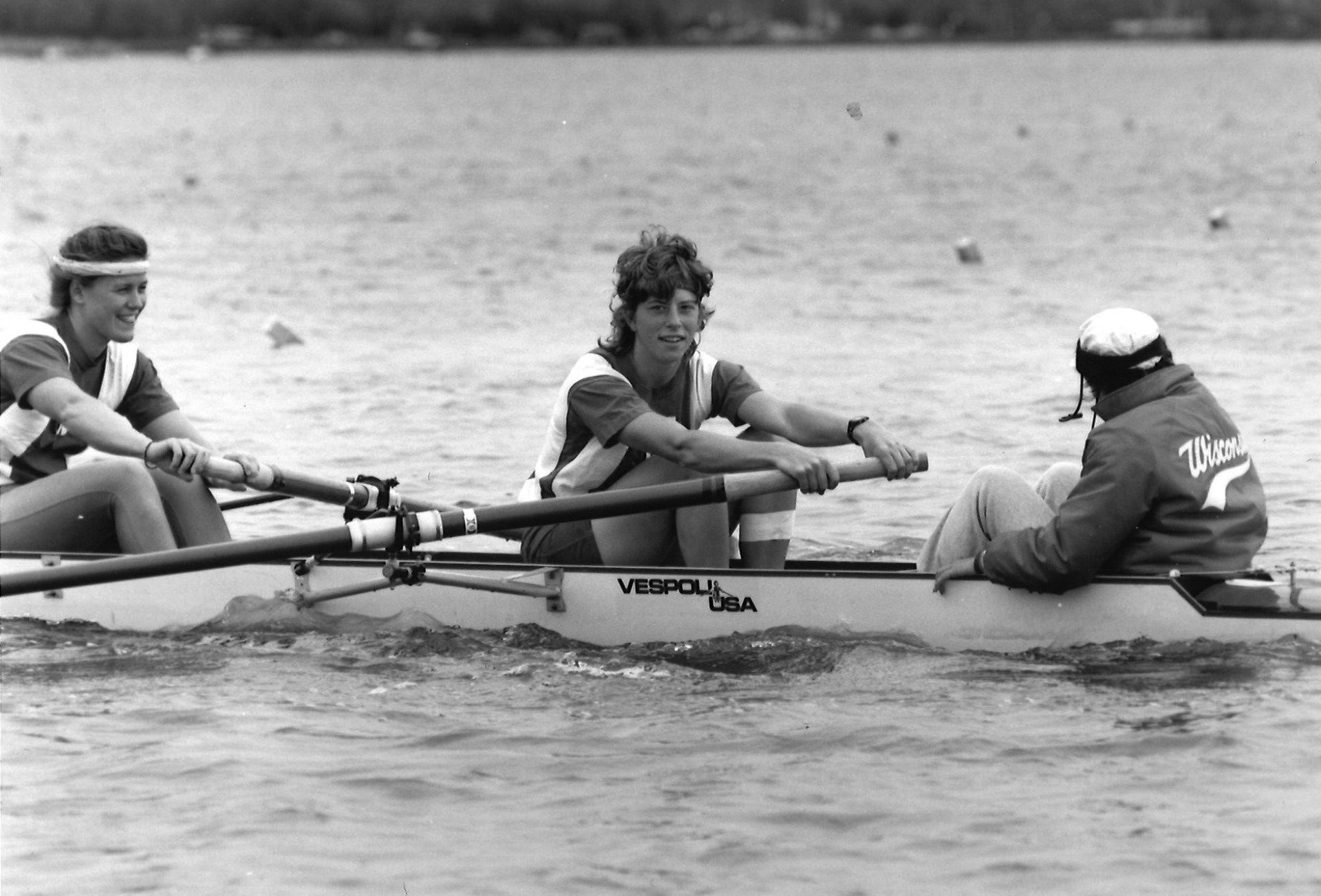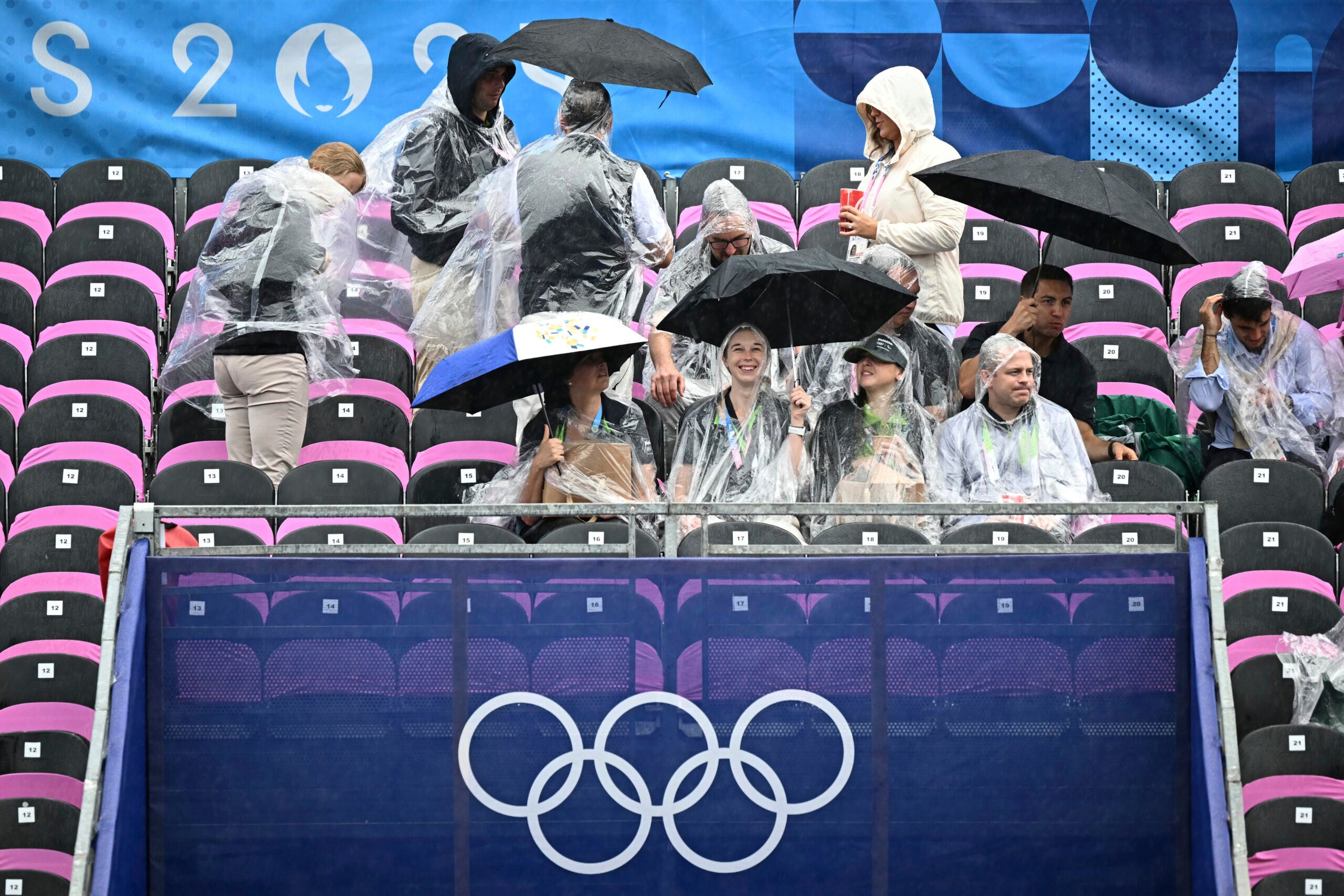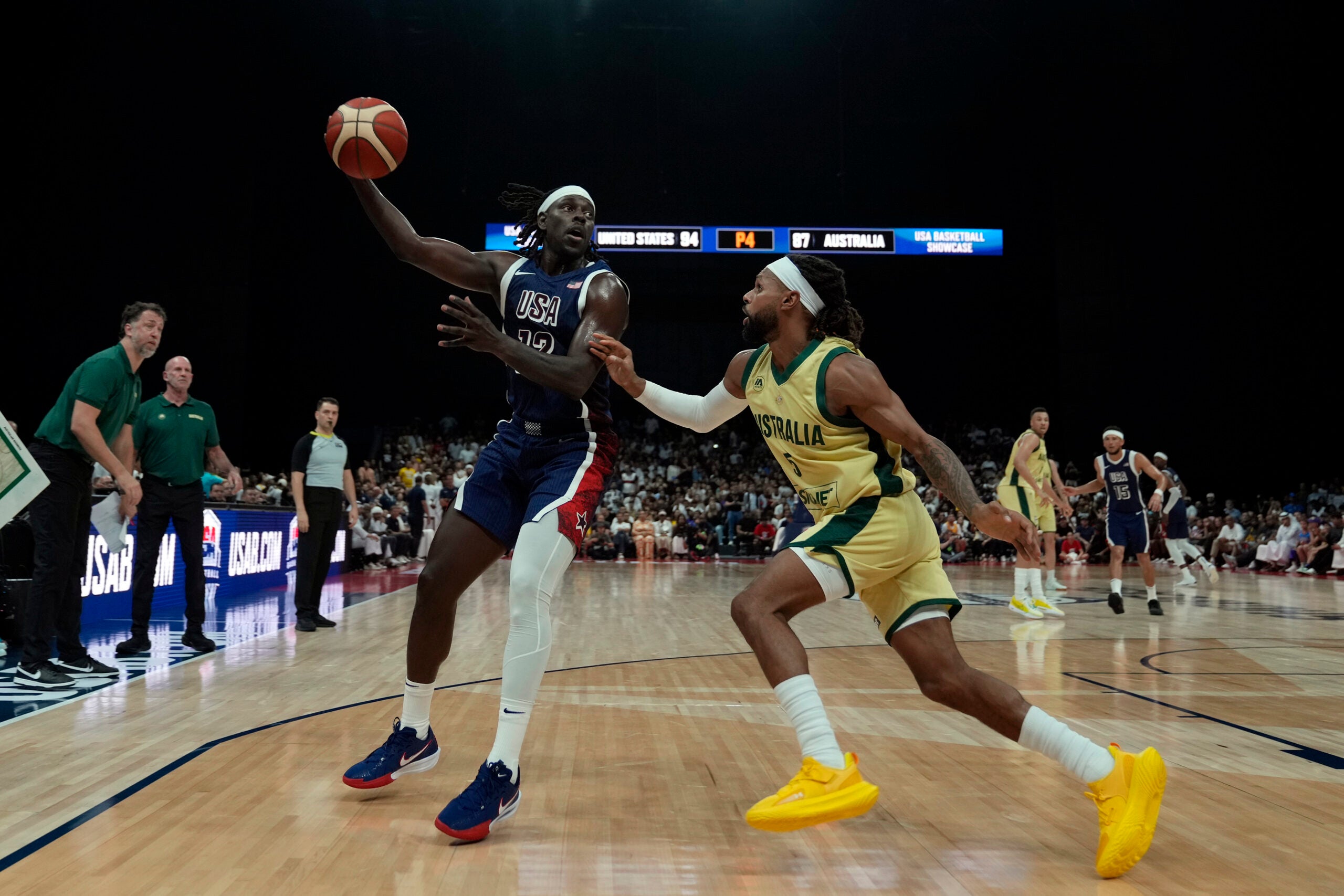In 1869 Emperor Napoleon III launched three music competitions in Paris, and Jules Massenet was fast to enter all three. The contenders were to write music for the cantata Prometheus, the opéra-comique Le Florentin, and the opera La Coupe de Roi de Thule.
Massenet won nothing.
Camille Saint-Saëns had won the cantata competition. He knew that Massenet had competed and had been considered for the opera prize but had been passed over late in the judging. He said to Massenet, “There are so many good and beautiful things in your score that I have just written to Weimar to see if your work can’t be performed there.”
Stay informed on the latest news
Sign up for WPR’s email newsletter.
Composer Ambroise Thomas introduced Massenet to Michel Carré, who had worked on the librettos for his operas Mignon and Hamlet. Carré gave Massenet a libretto called Méduse.
From the summer of 1869 to the spring of 1870 Massenet labored on the opera, and soon after it was finished, Carré made an appointment to meet him at the Paris Opéra. His plan was to tell the director that Massenet’s work should be produced and that he would provide the money to make it happen. Massenet saw the future brighten before him.
At their meeting, Carré took his leave with the words, “Until we meet again on the stage of the Opéra.”
Massenet’s joy lasted until the next morning, when the newspapers announced the declaration of war between France and Germany.
Massenet never saw Carré again. His hopes for a production in Weimar were crushed, and in the upheaval to follow, any production at the Paris Opéra was also out of the question.
Massenet joined the army. When he wrote his memoirs, he skipped over what he called “that utterly terrible year,” saying, “I do not want to make such cruel hours live again.”
During the thirty years to follow, Massenet would reuse much of his thousand pages of languishing orchestration in the composition of subsequent works.
Wisconsin Public Radio, © Copyright 2025, Board of Regents of the University of Wisconsin System and Wisconsin Educational Communications Board.





